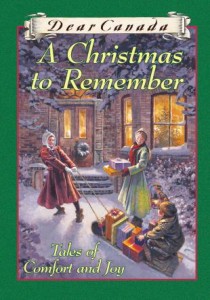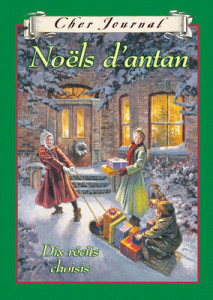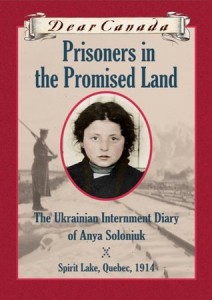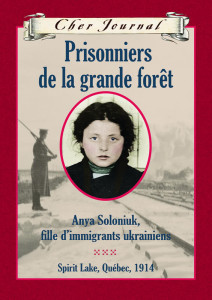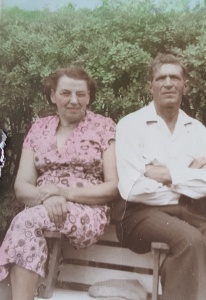
Shared with Toronto’s Great War Attic.
As a child, curious by nature, Marsh Forchuk would often ask his father George why he had left good farm land in southern Alberta to move north to Lake Eliza, a harsh place to establish their family farm. When old friends would come by for a visit, they would suddenly speak in whispers. But years later, after hearing of a news story about Canada’s internment of enemy aliens during the First World War, Marsh began to get his answers.
At the encouragement of the Canadian government, George Forchuk, a Ukrainian farmer from Werechenko, Austria, arrived in 1913 to settle and farm in southern Alberta. When war started he registered as an “enemy alien” and reported regularly as required by the War Measures Act in 1914. Despite this, he was arrested and forced into hard labour, eventually ending up in an internment camp in Jasper Alberta, which opened in February 1916. He laboured through dire conditions and escaped as “bullets whizzed by his ears” that same year. He moved around, hiding and working where he could. In 1918, Forchuk was spotted by police through the window of a restaurant in Calgary.
At the time, people were required to wear face masks in public to prevent the spread of the deadly Spanish flu pandemic. George thought he was being arrested as an escaped internee, but to his relief, he was informed that it was because he had lowered his mask to speak more clearly to the other person at his table. He also found out that the internment camp had closed in August 1916, shortly after he had escaped.
His farm was not returned to him, and so he had no choice but to purchase land where he could. The repercussions of the war continued. By the 1940s, ill health made it impossible for George to farm. Marsh dropped out of school at the age of 12 to take over. Marsh did not want to be a farmer, eventually selling the land his father gave to him, and moving east to make his own way. George Forchuk’s pride in being a staunch Canadian made the shame of his internment all the more difficult to bear. Right up until his death in 1967, he spoke of the injustices suffered for crimes he did not commit.

